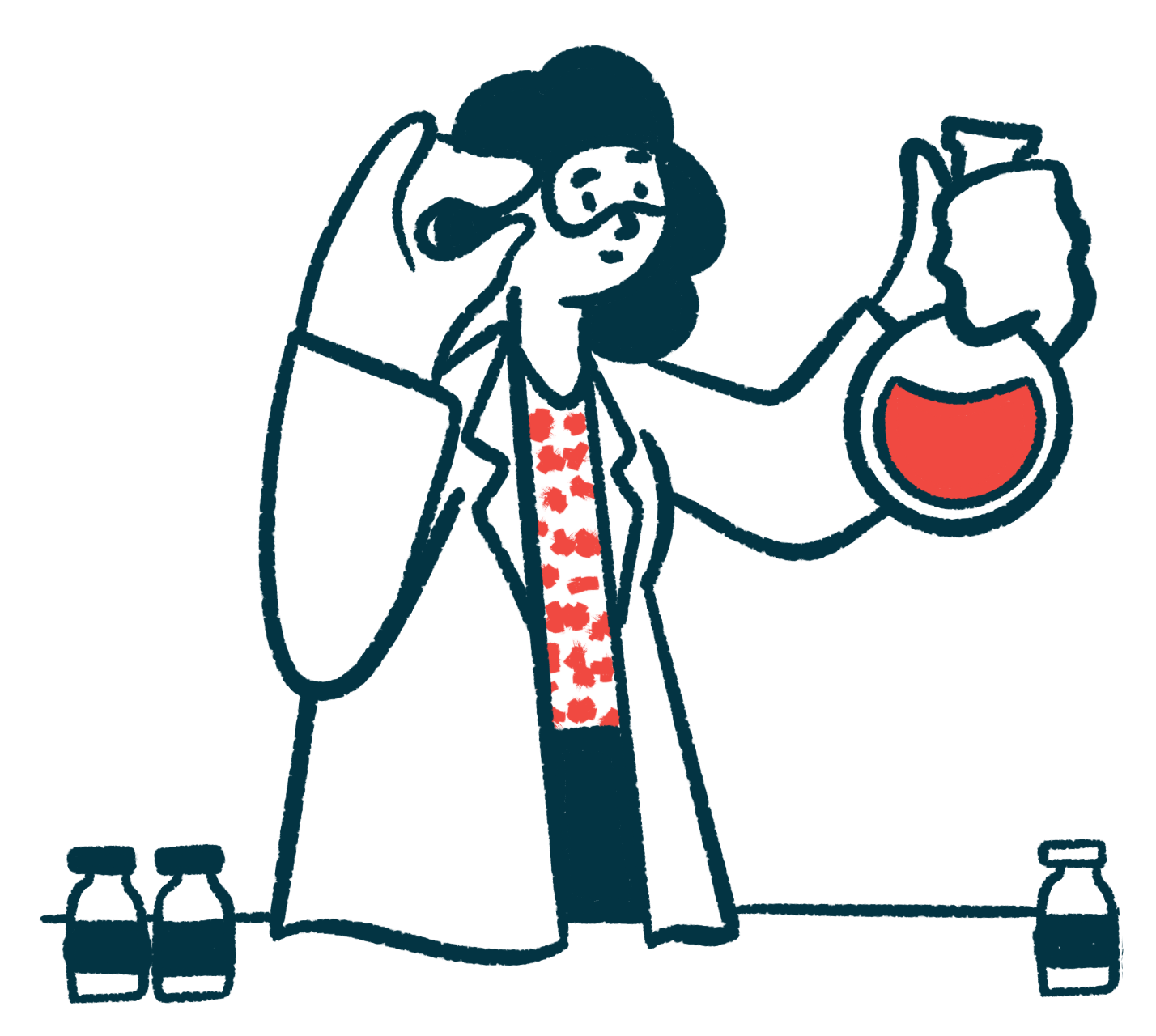FAQs About Clinical Trials
What are clinical trials?
Also known as clinical research or research studies, clinical trials are scientific studies that involve people. These studies are designed to help us find answers to questions about our health and discover new therapies and treatments. People volunteer to take part to help researchers find ways to screen for, treat, and prevent health conditions and potentially help improve the quality of life of those living with conditions.
Depending on what researchers are trying to find out, the purpose or objective will vary from trial to trial. In some trials, they may be investigating new types of treatments, procedures, or devices. Other studies are observational, meaning that instead of evaluating a potential new therapy, they are focused on monitoring the lifestyle and behaviors of participants.
Are clinical trials safe?
Clinical trials are reviewed by an institutional review board (IRB), a third-party committee of experts — including doctors and ethicists — who evaluate studies and make sure the potential benefits of joining are greater than the potential risks for participants.
Federal guidelines are in place to make sure clinical trials are conducted safely and ethically.
Research study staff are required to inform people who are interested in participating in a study about the safety precautions in place to allow them to make an informed decision about joining the trial.
What are some potential benefits of participating in clinical research?
Some of the potential benefits of joining a clinical trial may include:
- Gaining access to investigational therapies being studied as part of the trial.
- The opportunity to help researchers move science forward and advance our understanding of and treatment options available for a variety of health conditions.
- Receiving additional care and attention from qualified clinical health professionals who are part of the research study team.
What does participating in a clinical trial involve?
If you’re interested in joining a clinical trial, you first must meet the eligibility criteria. Potential study volunteers may be eligible or ineligible based on a variety of factors, including age, sex, medical diagnosis, health history, medications they’re taking, lab results, and more.
Another required step is going through the informed consent process, wherein study staff are required to provide information about what participation entails and discuss the potential risks and benefits of volunteering for the trial. Only after this point can you consent to take part.
Before enrolling in the study, you also may be required to have bloodwork or other lab work done, provide more details about your medical history, and have a physical exam to verify you meet all study criteria for participation.
If you decide to join a clinical trial, you will have routine visits with a research doctor who will monitor how the investigational treatment is working and how you’re feeling. You will also have a team member assigned to help you with scheduling visits with your study doctor, taking care of lab work, and answering any questions you have.
What should I consider before joining a clinical study?
You may want to consider a variety of factors, including:
- The length of the study and the time commitment involved in taking part.
- What you will be expected to do during the study.
- The kinds of treatments involved in the study and if there’s a chance you may be given a placebo.
- The potential risks and benefits of participating.
- The purpose of the study.
- Any potential costs associated with participating.
- If you’ll be required to travel and how participation could affect your daily routine.
- If you’ll be required to stop your current treatment or make any other changes to your current care.
How can I find out about and join a clinical trial?
Companies developing new treatments often have contact information available on their websites that interested participants can use to find out how to be included in a trial. Medical centers conducting clinical trials may also have contact information. Trials conducted in the United States also are registered with clinicaltrials.gov, and contact and location information is typically listed there on the specific trials’ webpages. CenterWatch is another site that helps connect people with clinical trials.
In addition, as part of our mission to empower, inspire, and champion the patient voice and engage, inform, and connect the global rare disease community, we at Bionews partner with clinical trials organizations to help get the word out about opportunities to participate in research studies related to our rare and chronic disease patient communities. We post about relevant trial opportunities via a variety of channels, including our:
- Websites
- Email newsletters
- Surveys aimed at gauging interest about clinical trial participation

Interested in Participating in an MG Clinical Trial?
There’s no known cure for myasthenia gravis (MG). Clinical trials are at the heart of medical advances, offering the only path to developing new treatments — and a potential cure — for MG. You can help by participating in clinical research. Complete this quick survey, and we’ll notify you when we find a study that may be a match for you.

Want More Information About Clinical Trials?
Bionews is partnering with clinical trial organizations to help get the word out about opportunities to participate in studies related to our rare and chronic disease patient communities. If you’re interested in learning more, click the link below.